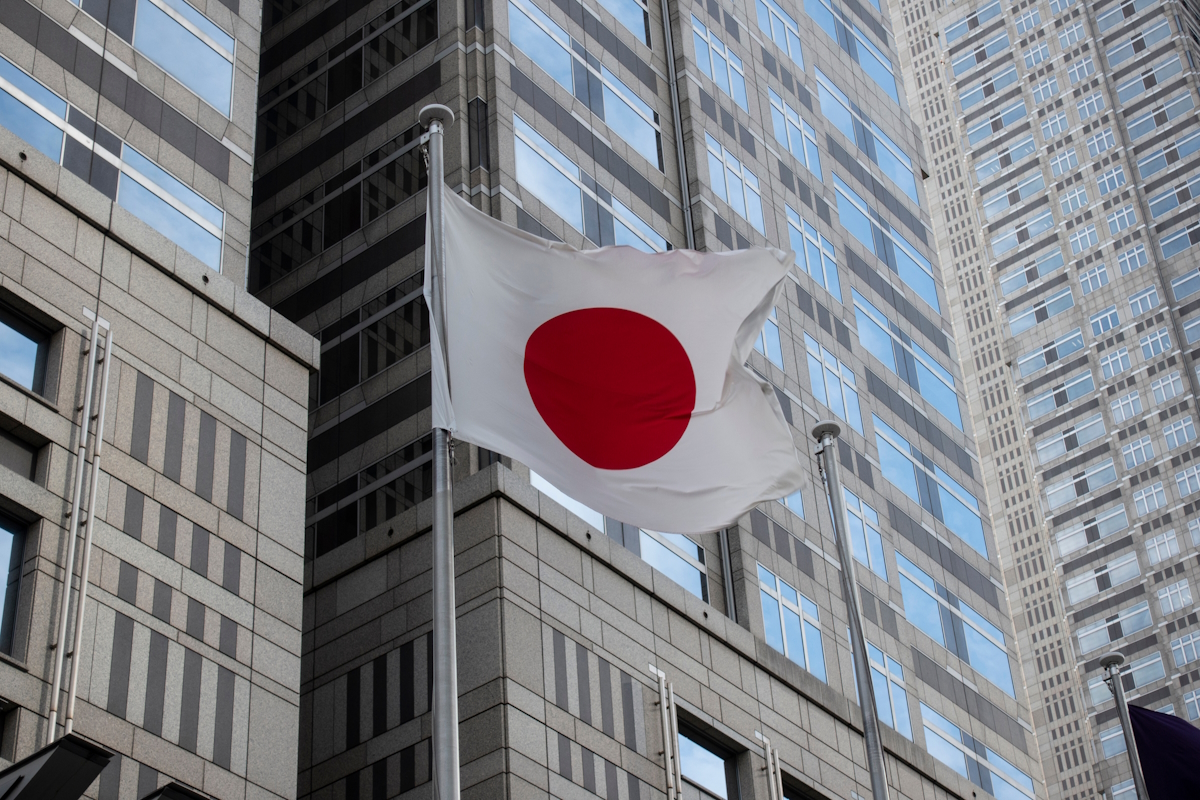The Bank of Japan (BoJ) made a major announcement on Friday that shook the global financial markets. Kazuo Ueda, the new BoJ Governor, announced that the central bank would allow more flexibility to the benchmark 10-year Japanese government bonds (JGB), which would double the trading range for the yields of long-dated debt.
As a result of Ueda’s move, the 10-year JGB yields would be allowed to trade in the range from 0.5% to 1%. However, the bank specified that it would officially cap the yields at 0.5% as a “reference”. With wages and inflation rising, the BOJ has been under growing pressure to allow yields to rise all year.
The yield on the newly issued 10-year JGB climbed in the domestic bond and touched 0.605% briefly, the highest level since June 2014. The bond market was abuzz with speculations right after July 28 when the BoJ permitted long-term yield fluctuation.
The Bank of Japan, however, announced special JGB bond purchases worth nearly 300 bn yen ($2.1 bn) early on Monday to stop further yield rises and stabilised the JGB yield at 0.6%. This was Japan’s way to end speculations that it was done with monetary easing.
Furthermore in its Friday meeting, the BoJ fixed its overnight interest rate at minus 0.1%.
Will BoJ consider monetary tightening?
Central banks across the world have been aggressively raising rates to tame inflation, but Japan has been an exception. It always kept rates low and continued to maintain an ultra-loose monetary policy. In fact, Japan is the only country in the world to maintain negative rates — while calling for more time to settle at its 2% inflation target.
On Friday, Tokyo’s core consumer price index rose 3% in July from a year ago. As the inflation exceeded the BoJ’s 2% target, investors are concerned if the nation’s relatively low-interest rates would lower the yen’s appeal and make it prone to a sell-off. After Japan purchased bonds to curb sharp yield spikes on Monday morning, the yen did decline sharply signalling that Japanese interest rates aren’t rising anytime soon.
If yields on Japanese government bonds continue to rise, the appeal of overseas assets would reduce. Hence, there is speculation that the flexibility in yield-curve control would bring back Japanese funds. It also mounts upward pressure on global interest rates.
Luca Paolini, chief strategist at Pictet says, “What is clear to us is that with this change there will be a repatriation of money from abroad into Japan, which will affect equities as well. Japan is ending deflation, so Japan becomes a more normal place to invest.”
What’s next for the Bank of Japan?
Bond markets are doubtful if the BOJ could be successful in easing its grip on yields, without any major market volatility. Analysts expect that instead of opting for a complete rate hike cycle, Ueda would alter the yield curve control to make its ultra-loose monetary policy sustainable.
Analysts also refrain from concluding if the central bank was prepared for tightening. The yield band relaxation was to alert the markets about the rising inflation risk and the long-term distortion of bond markets. Stephen Halmarick, Commonwealth Bank of Australia’s chief economist raised concern over the BOJ explicitly mentioned, “achievement of the 2% inflation target in a sustainable and stable manner has not yet ‘come in sight”.
“As a result, it will be difficult for the BOJ to tighten monetary policy in a meaningful way in coming months, although further small increments of change and the implementation of further ‘flexibility’ cannot be ruled out,” he cautioned.


 Australia
Australia China
China India
India Indonesia
Indonesia Japan
Japan Malaysia
Malaysia Philippines
Philippines Singapore
Singapore South Korea
South Korea Taiwan
Taiwan Thailand
Thailand Vietnam
Vietnam







